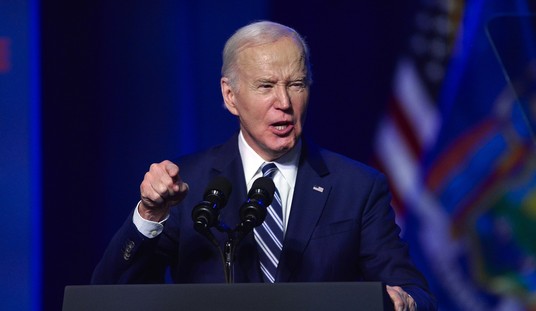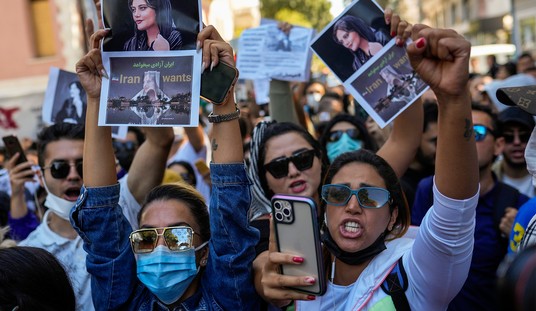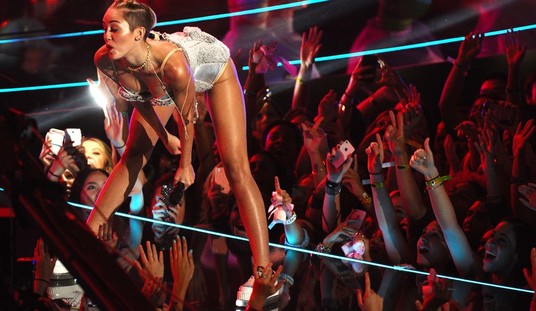
Back in 2015, James Pearson and Daniel Tudor, formerly the Seoul reporters for Reuters and The Economist, respectively, teamed up to write a book titled “North Korea Confidential.” It was a shocking inside look at life in North Korea:
North Korea Confidential” gives us a deeply informed close-up. Tudor, a former correspondent for The Economist, and Pearson, a Reuters reporter, have pieced together their story from North Korean insiders, defectors, diplomats and traders, and from a careful reading of texts in English, Korean and Chinese. They focus on topics they can find out about: the changing lifestyles influenced, in part, by mobile phones; the thumb drives that have spread South Korean soaps to an appreciative audience; an economy that at the grass roots is somewhat privatized; the elite factions; and the gulag-like prison system. They have less to say about the military and nuclear weapons. Their book may lack the panache of Barbara Demick’s “Nothing to Envy” or the depth of Blaine Harden’s “The Great Leader and the Fighter Pilot,” two journalistic classics on North Korea. But theirs is a surprising guide to how life is evolving inside the country.
Their first lesson is that “Communist” and “collectivized” are no longer relevant labels for North Korea’s economy. Farmers are now permitted to hold on to about one-third of their crops. Private trade keeps the population afloat, a way of life that emerged as a survival technique during the devastating famine of the 1990s and has blossomed since. Women are the dominant traders in society: They run kiosks, make and sell food, and operate small import-export businesses. Some rent their apartments by the hour to couples looking for some privacy. The preferred time is the afternoon, when the apartment owner’s kids are at school and her husband is at work, and she can go for a walk for an hour or so. The authors write: “The process is very simple, but it acts as a reasonable summary of the people’s adaptation to post-famine North Korea: It is illegal; it is informal; it corresponds to basic human needs; and it is 100 percent capitalist.”
The book was published in August in Korean under the title Capitalist Republic of Korea” and was reviewed by South Korea’s two major newspapers, Dong-A Ilbo and Chosun Ilbo. To say North Korea went batsh** crazy is to make mere batsh** crazy seem rational.
A spokesman for the North’s Central Court said in a statement carried by the country’s official KCNA news agency that the book “viciously slandered the reality of the DPRK”, the initials for North Korea’s official name of the Democratic People’s Republic of Korea. The book painted life in the country as increasingly capitalistic where money can buy power and influence, the spokesman said.
The South Korean journalists who reviewed the book “committed a hideous crime of seriously insulting the dignity of the DPRK with the use of dishonest contents” carried by “North Korea Confidential”, the court spokesman said.
The Central Court has ordered the execution of the journalists, Son Hyo-rim of the Dong-A Ilbo and Yang Ji-ho of the Chosun Ilbo, and the publishers of the newspapers. It also demanded the South Korean government investigate their crimes and punish them, the state media said.
The court statement did not make any mention of punishment for the book’s authors.
Don’t get me wrong, I’m not, in principle, against ordering the execution of journalists after an in absentia trial. I can go through my twitter feed and find at least a half-dozen whose demise would raise the average IQ on Twitter by several points and make the world a nicer place. But we don’t live in that kind of a society until the Antifa are in charge. But to sentence journalists to death–journalists who are not even in your country–for reviewing a book seems a bit extreme. Even by the standards of a ruthless tyrant.
The publishers, the journalists, the two newspapers, and the book’s authors have not made any comment. For damned good reason. North Korea will actually kill you if you make them mad enough and I’d be surprised if these two guys don’t have a security detail right now.














Join the conversation as a VIP Member